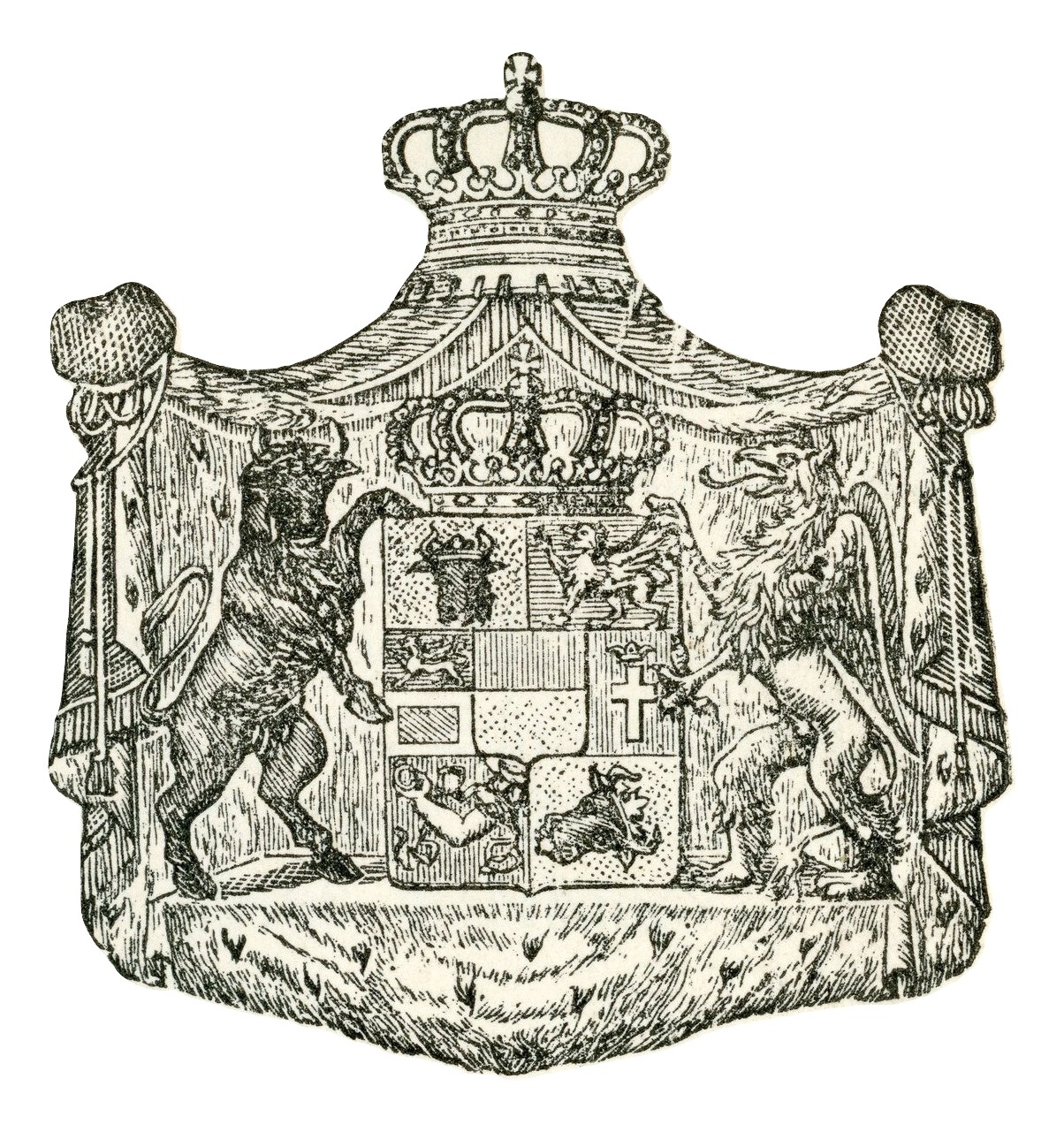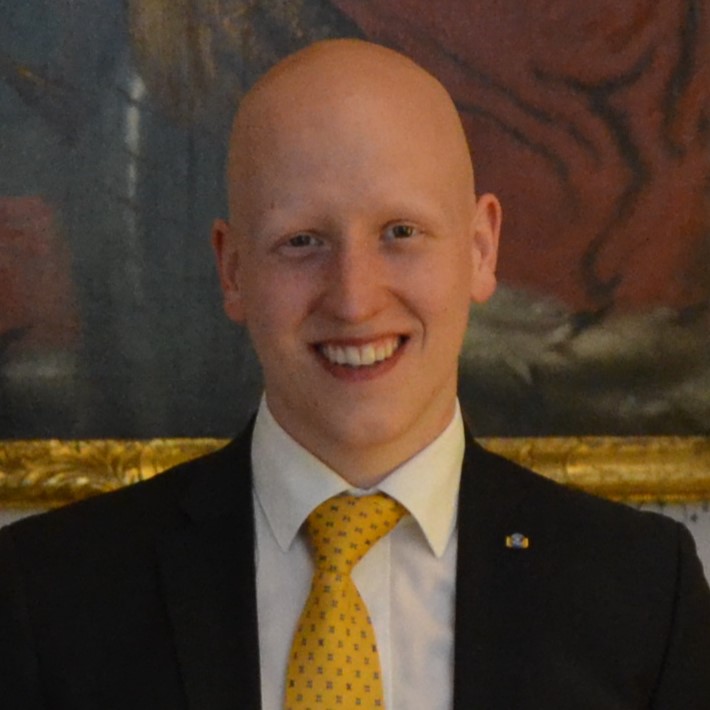It is now 100 years ago that the monarchy in Germany, Austria, Hungary and Russia ended. Sometimes regions experience a violent revolution others got away with a blue eye. Mecklenburg-Strelitz was one of the latter places. The revolution was short and the division of the Domanium, the property of the Grand Duke, in Mecklenburg-Strelitz peaceful managed. However, with the suicide of the last Grand Duke of Mecklenburg-Strelitz, Grand Duke Adolf-Friedrich VI. was the succession sudden unplanned and unclear. Duke Carl Michael the cousin of the Grand Duke was fleeing from the Russian Revolution in St. Petersburg through the Caucasus to Europe. He made it known via a letter that he would not succeed the house, however, as the circumstances changed so fast, he may have changed his opinion. Nevertheless, the monarchy ended before he made it to Germany, which he would have needed to be in order to be considered as a successor.
Mecklenburg-Strelitz was for a long time before the First World War, the Great War a peaceful place. It was economically a dwarf compared to Prussia, while it did profit and became one of the wealthiest states in Germany. Moreover, it never had a large armed force due to its population and territorial size. It was the Luxemburg of the North with low taxes and very strong diplomatic foreign policy. The people were happy with the Grand Ducal House and its politics. It is even today still known that the last Grand Duke spoke with the people and even helped a small child which got sick on the street.
Nonetheless, with the unification of the German principalities in 1871, the state’s politics and economics lost the stability of a small state. Its economy suddenly had to compete with Prussian giants, its governmental institutions increasingly lost importance, a common currency was introduced in Germany and so the state slowly fell into unimportance. The Grand Ducal House was also not a big fan of these policies and therefore, only set its heir to such ceremony. However, the wealth of the state and the Domanium which included a little more than 50 percent of the state’s territory allowed a continuation of a stable living standard for the time being.
With the First World War and the following hyperinflation it was a difficult start, but the new government of the Free State of Mecklenburg-Strelitz developed the first democratic constitution in Germany and managed the new form of the state well. Today, the people and the former ruling family can happy look back to this peaceful transition, as a great example of good ambitions!

